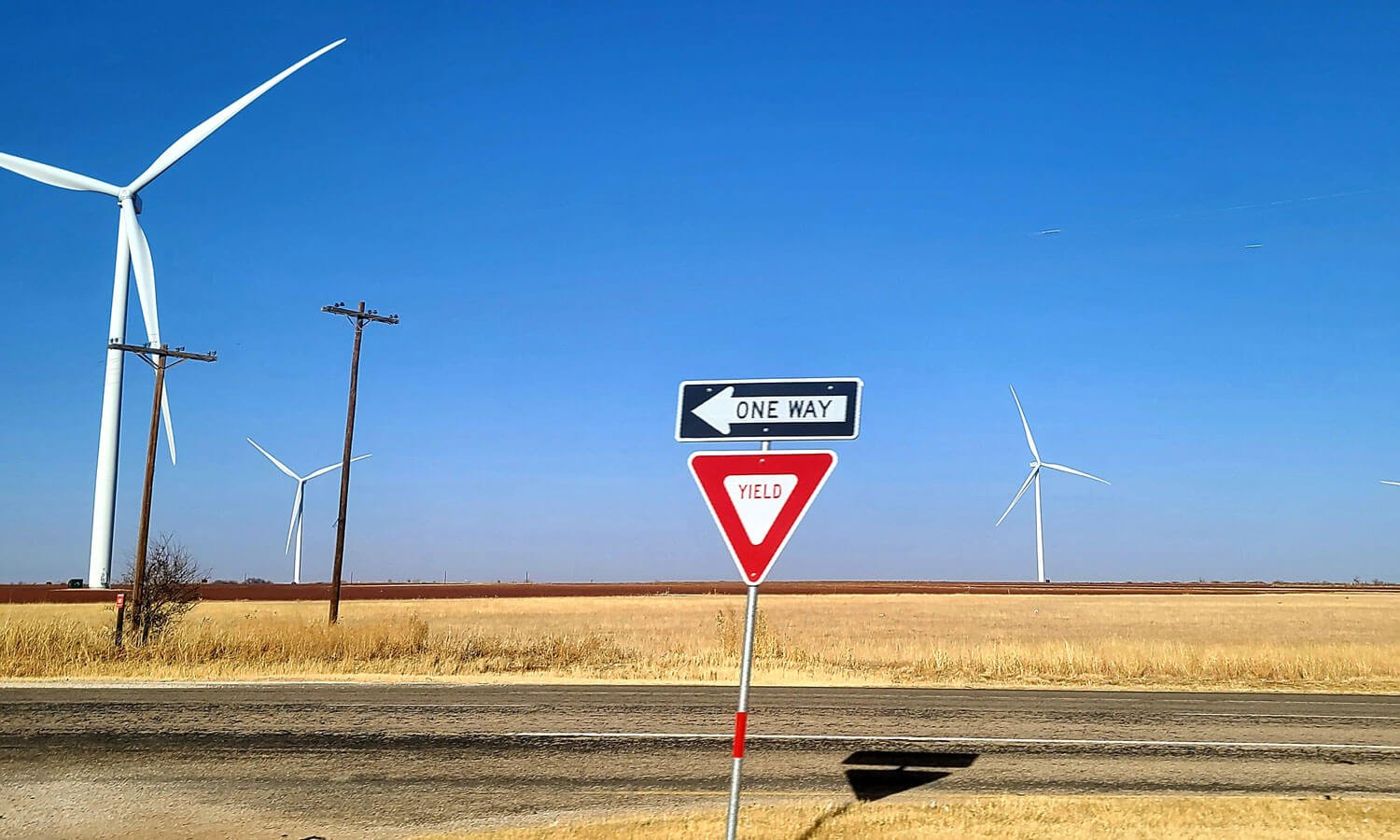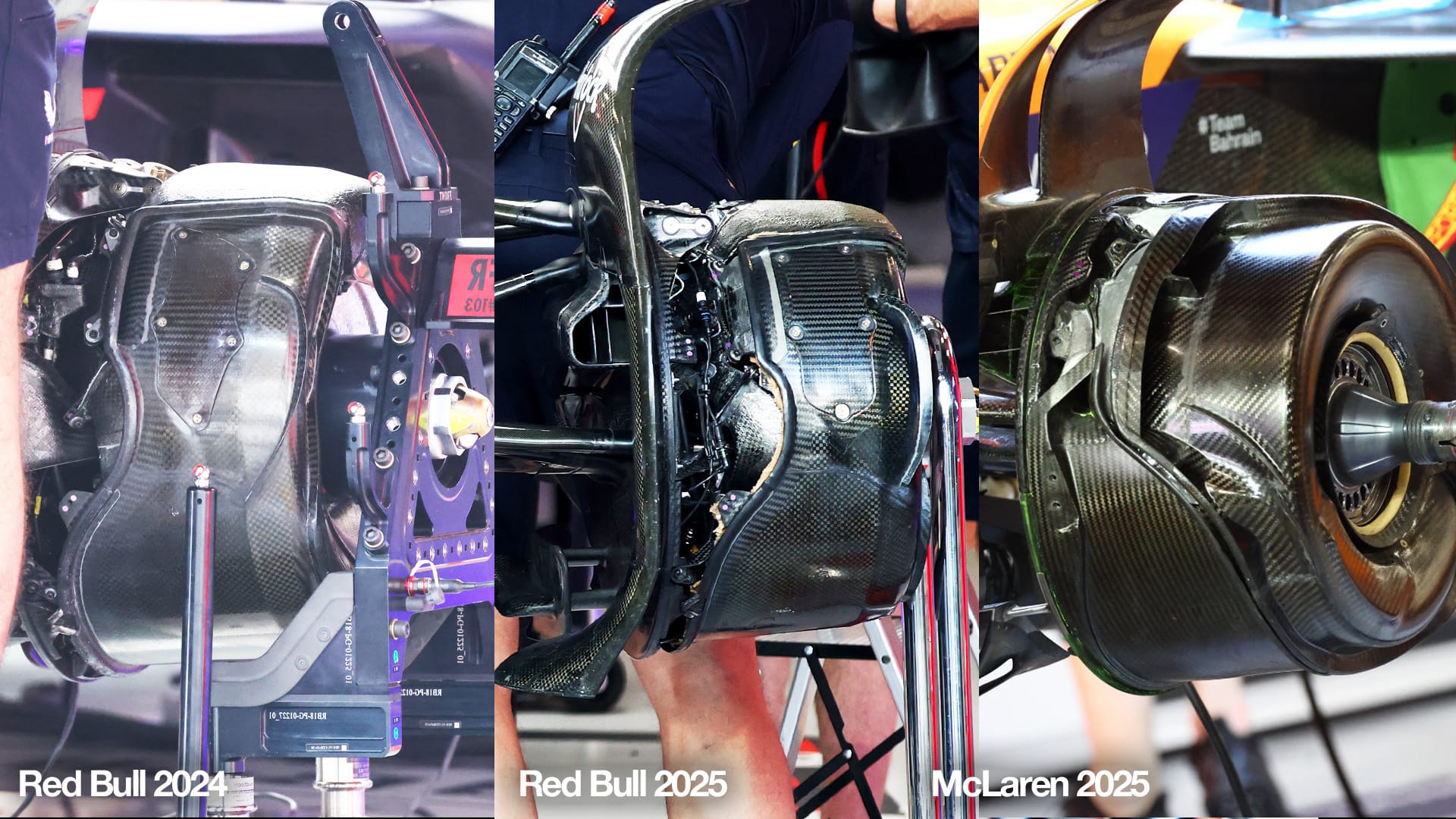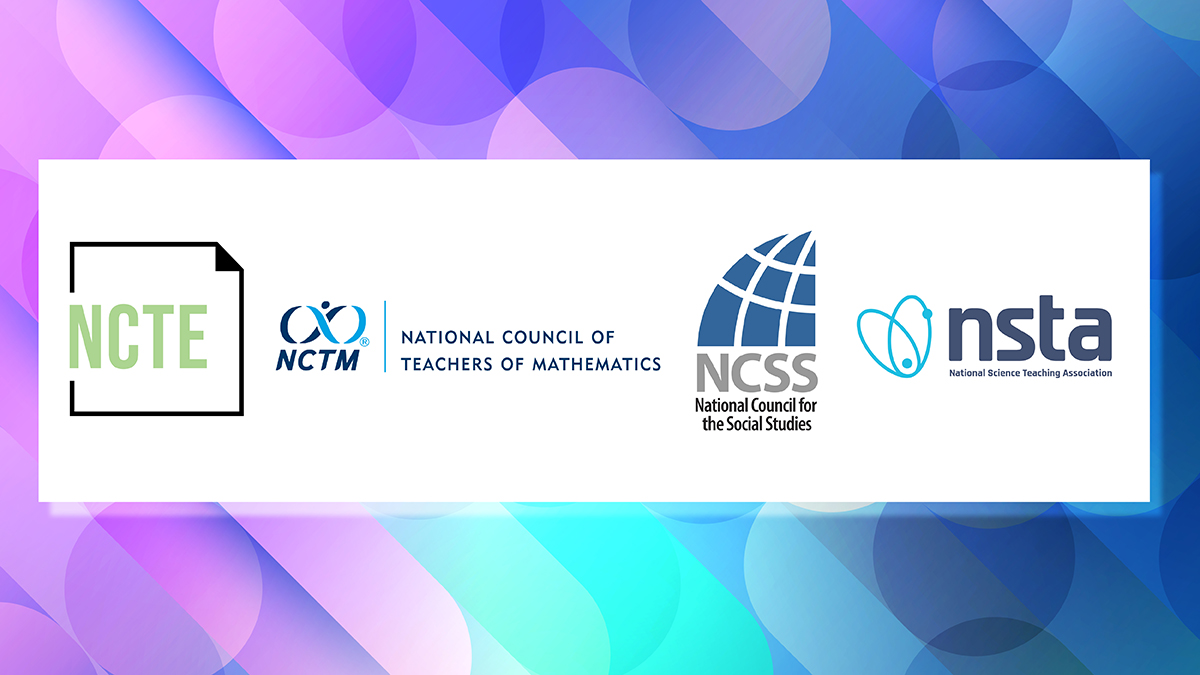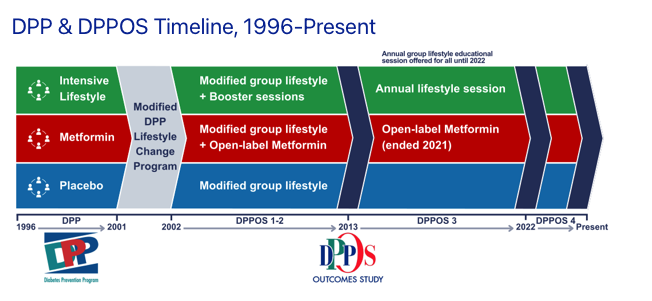Best all-in-one ETFs for Canadian investors 2025
Asset-allocation ETFs continue to be popular with Canadian investors, which is why this continues to be a must-see ranking on our “Best ETFs” list. The post Best all-in-one ETFs for Canadian investors 2025 appeared first on MoneySense.

When we started rating Canada’s best exchange-traded funds (ETFs) more than a decade ago, the idea was to identify core building blocks of a self-directed portfolio amongst the various asset classes and investable regions. But since 2019, there’s been a still easier option for Canadian investors: one-decision, asset allocation or all-in-one ETFs that hold multiple asset classes, globally diversified, in a single product.
If you lack the investment knowledge, time or inclination to manage a handful of ETFs, this is a great option. For fees as low as 0.2% of funds invested per year, you get access to the whole world of stocks, bonds and sometimes other asset classes. You wouldn’t have to weary yourself following the market gyrations we’ve seen so far in 2025—just set it and forget it. By automatically rebalancing allocations to domestic and foreign stocks and bonds, these one-decision ETFs reduce the work required by a DIY investor to stay on top of the ebbs and flows of the underlying holdings.

Get up to 3.50% interest on your savings without any fees.

Lock in your deposit and earn a guaranteed interest rate of 3.60%.

Earn 3.7% for 7 months on eligible deposits up to $500k. Offer ends June 30, 2025.
MoneySense is an award-winning magazine, helping Canadians navigate money matters since 1999. Our editorial team of trained journalists works closely with leading personal finance experts in Canada. To help you find the best financial products, we compare the offerings from over 12 major institutions, including banks, credit unions and card issuers. Learn more about our advertising and trusted partners.
Best all-in-one ETFs 2025
| ETF | Ticker | Management fee | MER | Holdings | Description |
|---|---|---|---|---|---|
| iShares Core Equity ETF Portfolio | XEQT | 0.18% | 0.20% | 5 ETFs/8,419 u/l | Global diversified stock fund, ~45% U.S., 25% Canada, 25% EAFE |
| iShares Core Balanced ETF Portfolio | XBAL | 0.18% | 0.20% | 8 iShares ETFs | Classic 60/40 stock/bond portfolio in one affordable package |
| TD Growth ETF Portfolio | TGRO | 0.15% | 0.17% | 6 TD ETFs | Unique 90% equity/10% bond target, lowest fee in category |
That said, a couple of our Best ETFs in Canada judges explained why they weren’t big fans.
“Retail investors are better served by buying the component pieces themselves,” argues ETF judging panellist Mark Yamada, president and CEO of PUR Investing. The management expenses for Canadian and U.S. equity, as well as fixed income funds, are typically lower than for all-in-one ETFs, and “the higher fees for auto-rebalancing aren’t worth it.”
ETF judging panellist Aman Raina of Sage Investors says he’s not in favour of using any of the major asset allocation funds right now because they skew so heavily towards North American equities. This has been the asset class most exposed to tariff-related volatility this year.
Still, one-decision ETFs can come in handy even for more engaged investors in smaller accounts. Investors using tax-free savings accounts (TFSAs) and/or registered education savings plans (RESPs) may find it makes less sense to be juggling multiple investments and enjoy all-in-one ETFs. They can also make it easy for investors who are depositing or withdrawing money regularly from their accounts so that they don’t have to figure out what to buy or sell.
The results of the judging best ETFs exercise, with iShares Core Equity Portfolio ETF (XEQT) on top and seven other funds close behind, illustrates how there’s not much to choose between the major fund companies—iShares, BMO, Vanguard, TD and Global X—in this category. We ended up resorting to a tiebreaker vote to come up with the final two choices listed below: iShares’ Core Balanced ETF Portfolio (XBAL) and TD’s unique Growth ETF Portfolio (TGRO).
What’s more important than the brand is that you pick the asset allocation most appropriate for your risk tolerance. That is, consider an all-equity fund for long-term capital appreciation and something with a higher fixed-income allocation, like XBAL, for moderate risk. And regardless of your risk tolerance, if you might need the money sooner, a lower stock allocation may be appropriate.
Watch: Asset-Allocation ETFsGet free MoneySense financial tips, news & advice in your inbox.
Read more on investing:
- The best online brokers in Canada
- A guide to the best robo-advisors in Canada
- The best TFSAs in Canada
- The best RRSP investments
The post Best all-in-one ETFs for Canadian investors 2025 appeared first on MoneySense.



















































































